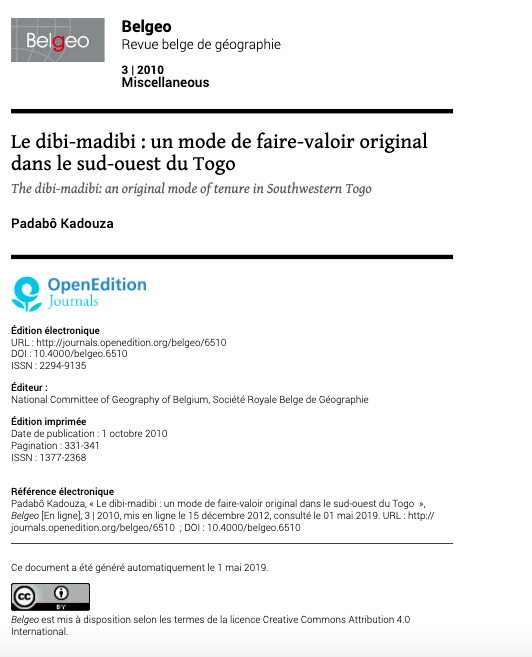Land or Else
Northern Uganda is the scene of one of the world’s most volatile and spontaneous processes of reintegration. There are approximately 1.1 to 1.4 million people in the Acholi sub-region at the time of writing3 ; 295,000 internally-displaced persons (IDPs) remain displaced either in IDP camps or transit sites. Approximately 800,000 Acholis have already left the camps and spontaneously returned home over the last three years.





